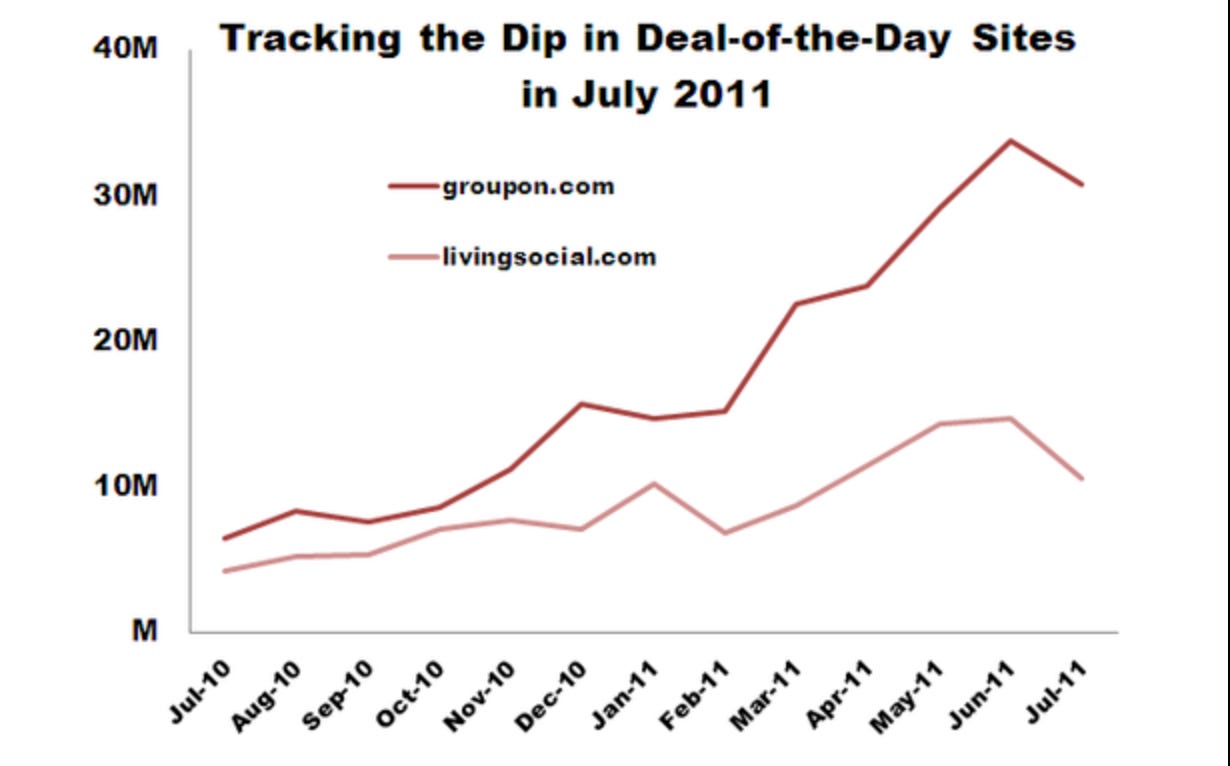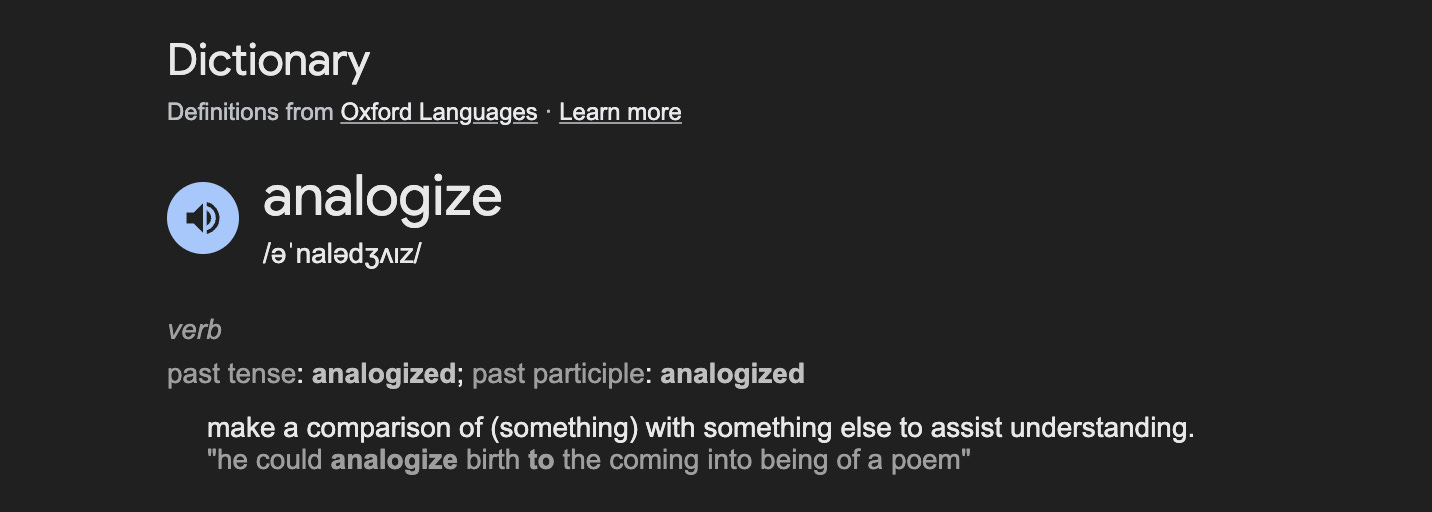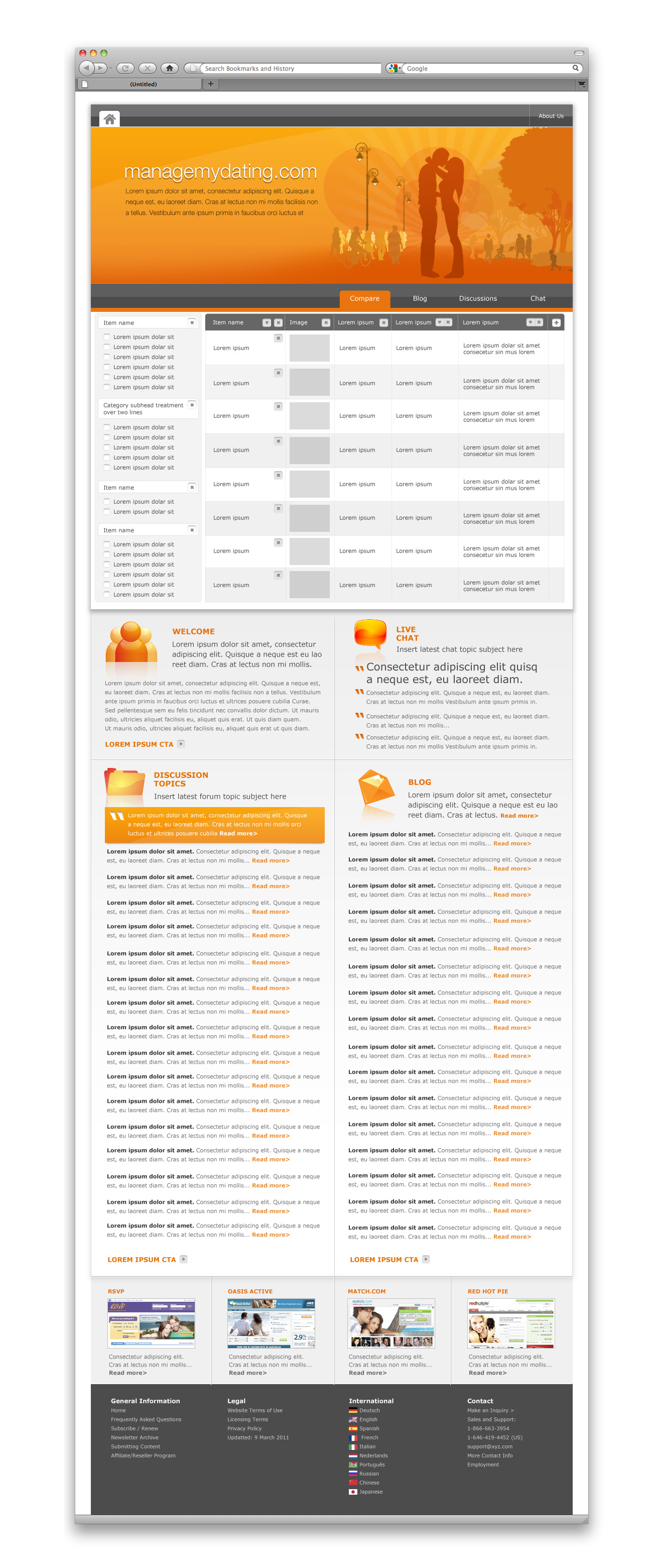The Rise and Fall of Daily Deal Sites, who were the real winners?
The real winners were the sites that aggregated all of the daily deals, and this insight was the genesis of my 8th venture (that failed)
Daily deal sites, such as Groupon and LivingSocial, rose to prominence in the late 2000s, capturing the public’s imagination with their promise of unbeatable local deals.
At their peak these sites offered consumers the chance to purchase goods, services, and experiences at significant discounts - often 50% off or more.
This model quickly gained traction, and the space exploded with new entrants.
A friend of mine was the Co-Founder of one of them, grew it quickly and then sold it to Yahoo7 for $40M. A great result, and great timing to sell at the top of the market.
Source: yahoo
Most daily deal sites failed or were acquired by competitors, but there were clear winners.. the sites that simply aggregated the deals of any/all of the daily deal sites themselves. Why? Because they had very low startup costs, never had to deal with merchants or consumers, and all they did was republish the deals and make a margin as an affiliate. Low risk, resource light, quick to market.. great SEO potential, clear ROI on buying relevant traffic. In short, a winning business model.
The entrepreneur in me thought that aggregator sites are basically the same as comparison sites, and that if I had the tech capability to launch new aggregator/comparison sites in days instead of months then I could get to market faster than anyone else the next time there was a boom like this..
But before we get to the failure story of that venture, let’s review the Daily Deal market.
The Rise
The early 2010s were the zenith of daily deal site popularity.
Every day, millions of people eagerly awaited emails promising steep discounts on everything from spa treatments to holidays to dining experiences.
The business model was simple yet compelling: offer a limited-time discount on a product or service, drive massive consumer interest, and provide local businesses with a surge of new customers. Everyone wins, right?
As the concept gained momentum, new daily deal sites were launching almost weekly, contributing to an increasingly crowded market.
With so many options available, consumers had little reason to remain loyal to any single site.
The lack of a focus on customer loyalty or service meant that no one was owning this loyalty, which would later contribute significantly to the industry's collapse.
The Real Winners
Amid the chaos of the daily deal boom, a significant gap in the market became apparent.
While consumers were inundated with deal offers from numerous sites, there was no centralised platform to organise, categorise, or tailor these deals to individual preferences.
Recognising this gap in 2011, numerous daily deal aggregator sites launched
The concept was straightforward: one email to replace the noise, offering deals categorised and tailored to the user’s interests.
The Decline
As quickly as daily deals had risen, they began to fall.
Consumers grew tired of the relentless barrage of offers, and the novelty wore off.
Most merchants found that they got inundated with new un-profitable customers who never returned.
The deep discounts that had once enticed customers were no longer sustainable, and the deals shifted from exciting local experiences to more mundane products like hair care and holiday packages.
The market became saturated, and the lack of customer loyalty or strong service models among daily deal sites led to their eventual decline.
By the time the industry collapsed, many of the sites that had once dominated the space had either gone out of business or merged with other platforms.
FAILURE: Analogize
Having witnessed the boom and bust of Daly deal sites, and having the insight that the aggregator websites were actually the true silent winners in that sector… I thought to myself:
“the next time there's a big boom like this there should be an opportunity to quickly deploy aggregator or comparison websites, so let's build a software platform that's specifically allows us to deploy comparison websites quicker than anyone else could build them from scratch.”
I started this business, it was called “Analogize”.
I got an investor to put in some money. (He owned an accounting firm)
I got the owner of a development company to build the platform for equity. (His dev company was highly successful)
I was running my agency GRG (we were ready and waiting to take care of the SEO and buy traffic)
We were partners.
We waited until there was another big industry boom like Daily Deals.
Hmmm….
Time wore on (we were all a bit impatient back then, remember that was only 28 so still in a big rush)
Then we all got caught up making money in our main businesses. No one was focussing on Analogize and the once great idea seemed a bit silly.
Having never deployed Analogize to quickly deliver any aggregator or comparison website, we shut the venture down.
What did I learn?
Mainly that any venture needs clear and consistent focus, and patience. Analogize never had any of that from anyone, least of all me. That was my failing.
I also learnt that:
Just because you have an idea doesn’t mean it’s a good one
That just because you have a good idea doesn't mean you can turn into a business
That just because you observe a market boom and bust does not mean that a similar cycle will come around again in the short term
I still think it was a good concept though… what do you think?
SK









